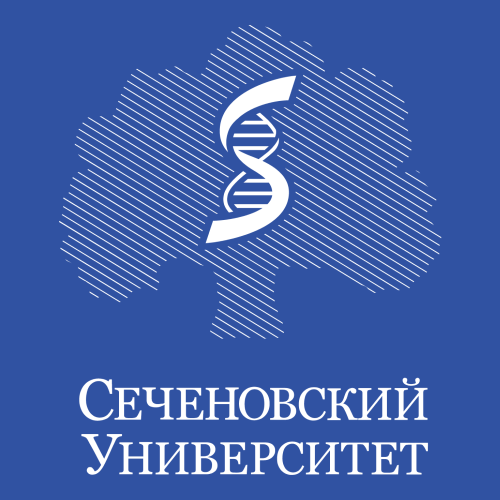Лаборатория медицинской геномики
Шарова Елена Ивановна
Лаборатория создана как отдельное подразделение в июне 2024 года, до этого момента функционировала как группа в рамках лаборатории молекулярной генетики человека. Занимаемся медицинской геномикой. Изучаем механизмы развития наследственных патологий роговицы (дистрофии роговицы, кератоконус) и их генетическую структуру. Разрабатываем подходы к противоопухолевой иммунотерапии, в том числе с использованием противоопухолевых Т-клеток. Занимаемся геномикой и популяционной структурой экспансий микросателлитных повторов, в том числе при шизофрении. Разрабатываем новые подходы к анализу гаплотипов и экспансий из данных NGS и GWAS. Умеем анализировать hla макак, в том числе с использованием нанопоровых прочтений. Любим и умеем работать с бакалаврами и магистрами (и в области экспериментальной молекулярной\клеточной биологии, и в области биоинформатики).
- Биоинформатика
- Культура клеток и тканей
- Нанопоровое секвенирование
- Опухолевые модели in vitro: первичные и конвенциональные культуры опухолевых клеток, тканевые сфероиды
- ПЦР-РВ
- Полногеномное и транскриптомное секвенирование
- Работа с культурами клеток млекопитающих, трансфекция
- Секвенирование по Сенгеру
- Проточная сортировка клеток
- Работа с эукариотическими клетками: культивирование, трансфекция, инфекция
Направления исследований
Изучение генетической структуры и механизмов патогенеза наследственных заболеваний роговицы

Разработка противоопухолевой Т-клеточной терапии колоректального рака













